Representatives from 56 Muslim nations including rivals Iran and Saudi Arabia yesterday pledged to “modernise the Islamic world” with more investment in science and technology at the first ever Islamic-world Science and Technology summit at Astana, Kazakhstan.
Amid calls to revive the “golden age” of Islamic science of more than a thousand years ago, nations pledged to invest in renewable energy, micro-grids, energy storage systems, nuclear technology and pharmaceutical manufacturing to make their countries less vulnerable to climate change, health disasters, drought and conflict.
Even space exploration found its way into declarations signed at the summit attended by heads of state from such countries as Turkey, Iran, Pakistan, Bangladesh and Afghanistan.
Iran’s bitter rival Saudi Arabia was represented by a senior minister at the event, which was organised by the Organisation of Islamic Cooperation (OIC), billed as the world’s second largest intergovernmental body after the UN.
“Rather than seeing science as an alien doctrine that threatens Islamic traditions, the Islamic world must re-orient its perspective by reclaiming science as part of its own heritage,” said OIC Secretary General, Dr. Yousef A. Al-Othaimeen, who was social affairs minister in Saudi Arabia until 2015.
“Islam lays special importance on seeking knowledge,” he said, adding that “over a thousand years ago, algebra, astronomy, geography, medicine and industrial chemistry were all pioneered across the Islamic world for nearly half a millennium. That is precisely why part of the inspiration behind the OIC’s first ever Science and Technology summit was Islam’s own ‘golden age’ of science.”
The summit concluded with all 56 nations adopting two documents, “The Astana Declaration” on enhancing “science, technology, innovation and modernisation in the Islamic world”, and “The OIC Science, Technology and Innovations Agenda 2026”.
The Astana Declaration committed member states to increasing investment in education, science, health and water infrastructure and called on “all Muslim world countries to strengthen the culture of education and science, especially for youth and women as a means of enhancing social and economic modernization and socio-economic progress.”
States also pledged to cut greenhouse gases by making renewable energy 10% of their energy mix by 2025. Toward this goal they undertook to introduce micro-grids and develop energy storage systems such as fuel cells and batteries.
“As more people in the Islamic world emerge out of poverty, energy demand is increasing,” said Naeem Khan, OIC Assistant Secretary General for Science and Technology, and former Ambassador of Pakistan to Saudi Arabia.
“This is being aggravated by climate change, with many OIC countries inhabiting climate-sensitive regions already facing desertification and degradation of land and water. Several studies have also shown a link between climate change and the subsequent effect on drought, food prices and the outbreak of conflict.”
He said this first Islamic-world summit was meant “to galvanise the Muslim world in investing in the core scientific and technological tools to generate solutions against emerging development threats.”
The full declaration can be accessed here.
Image: Istanbul’s Süleymaniye Mosque, completed in 1557 (Stefan Holm/Dreamstime)
Comments
Comments are closed.


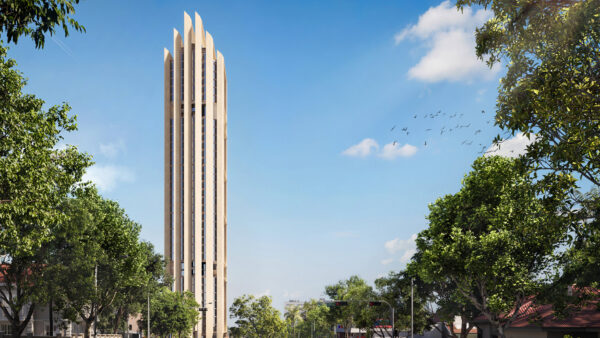
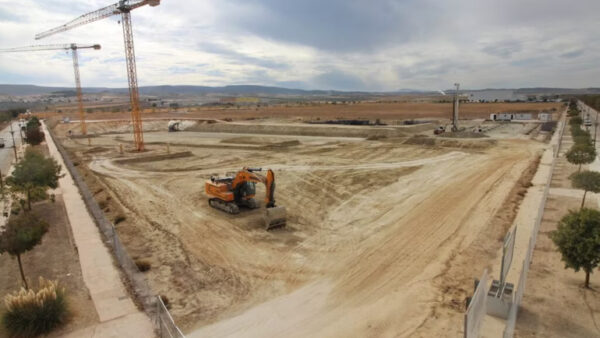
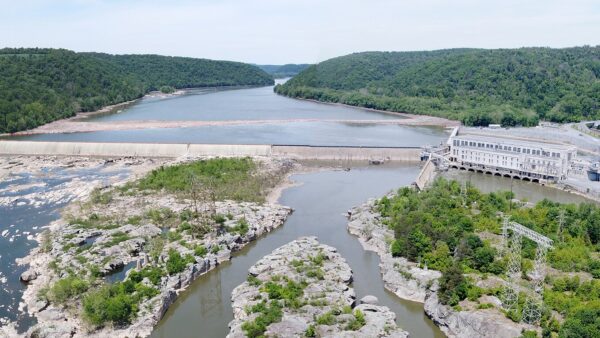
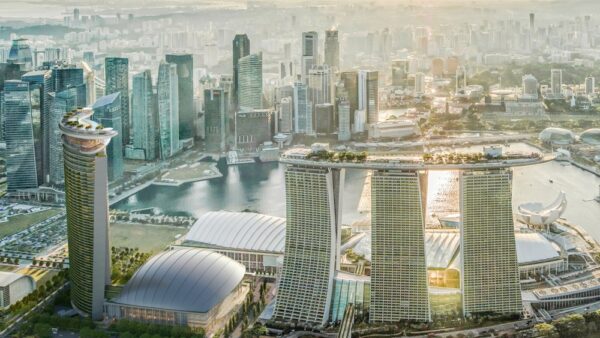
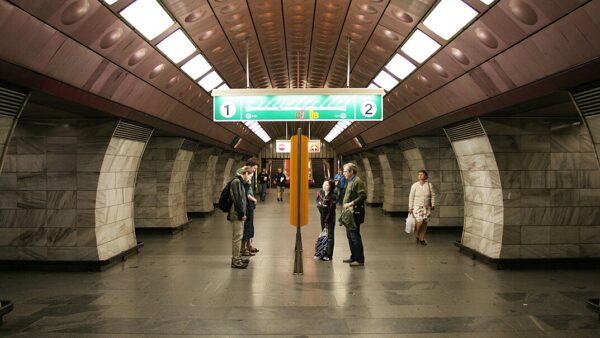
when can we see the effects of this commitment to science?
Lots of lofty goals in this article but what will these states do to make sure they meet them?
I am very glad to hear about this meeting.I only hope that actions shall follow.In the meantime, I would like to add this. Islamic world spends US $ Trillions on constructions regularly.The industry is famous for all the bad reasons.The loss owing to frauds even after the mandatory auditing has reached US $ 4 Trillion a year in 2008 according to Transparency International.10 -30% of the project costs.The Islamic world definitely has its share.This is an avoidable loss. GOPAC in 2015 suggested to have a Technical Audit(with a Pool of Technical Auditors with a union) in addition to the present only Financial for Govt.funded constructions.
This is time for the Islamic world to think of a Technical Auditing system for Govt. constructions. Commence a Masters Course on Construction Auditing for construction professionals to create that Pool of Technical Auditors for the first time. This is a win-win situation as substantial savings much more than the cost of auditing can be generated and in the process Govt.constructions shall become cleaner with good final product.